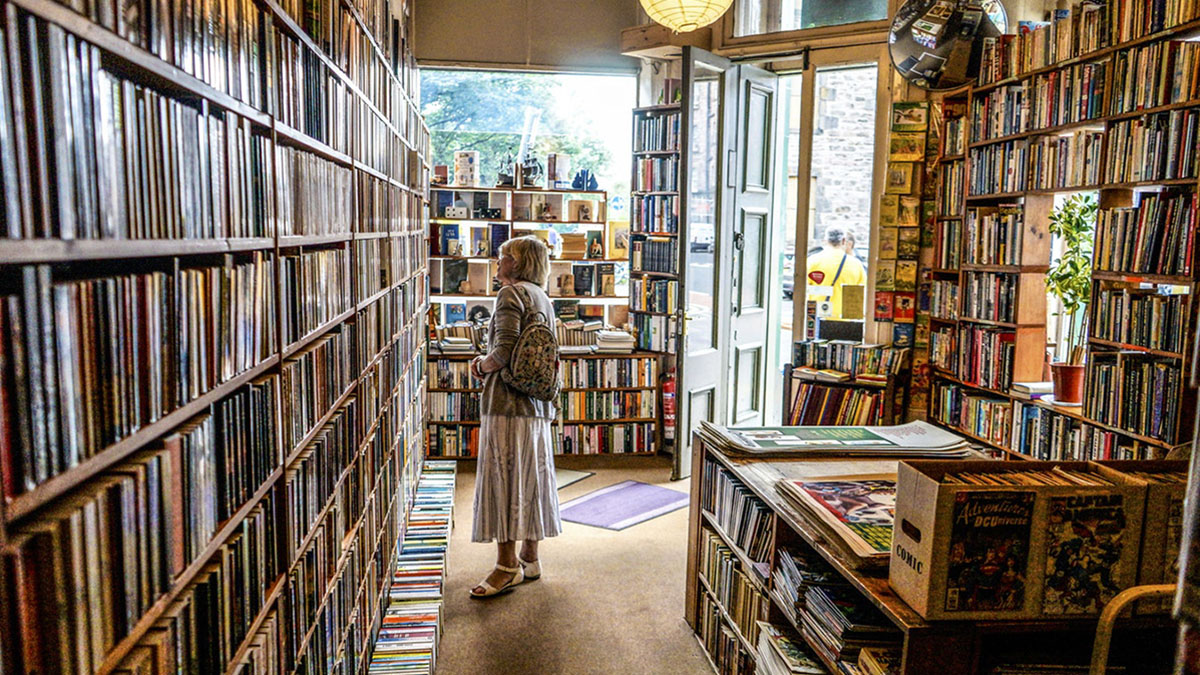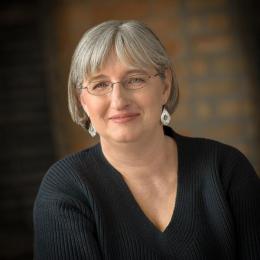Susan's Almanac Project

Not that long ago, a number of badly behaved men with huge reputations in arts and entertainment fell like dominoes in the media. I, like most people, watched from a distance: shocked, angered, disappointed. Hoping for the best for every victim involved, and admiring their courage.
One incidental bit of fallout: Writer’s Almanac was discontinued. One day I was happily reading my daily Writer’s Almanac email—which always included a poem and notes on significant writers and other historical figures born that day—and the next I was reading a sad little message from American Public Media that the Almanac was finished.
Writer’s Almanac had become a small but key part of my morning writing routine: reading it was the last bit of procrastination I allowed myself every day before settling down to work. It also connected me to an historical community of writers I could never otherwise meet; it educated and sometimes inspired me.
Always one to curse the darkness rather than light a single candle, I did just that for about a week. Then it occurred to me (I don’t recall why) that if I couldn’t read the Almanac, I could write one of my own. A very much shorter version—I didn’t have whatever staff Garrison Keillor had had at his disposal—but still my own. I started on Dec. 7th with the birthday of Noam Chomsky.
Here’s what I’ve found after continuing Susan’s Almanac Project for the past six or seven months, and it’s a pretty brilliant insight (are you sitting down?): it’s a lot more work to write one’s own almanac than to read someone else’s. But it’s also a lot more fun. While I’m always careful to be as accurate as possible—whether posting about Chomsky or Adrienne Rich or James Thurber—I get to add a bit of commentary in my own personal voice. And while hunting down information for my own write-ups, I’ve learned so much. Here are just a few gems:
- Baudelaire was really, really, really bad with money.
- Nicholson Baker has size 14 feet. (Smaller than my husband’s but still, kind of impressive.)
- Maya Angelou refused to write a memoir until her editor, in a brilliant burst of reverse psychology, told her that it was “nearly impossible to write autobiography as literature.”
- Kingsley Amis is in the running for Grouchiest Author Ever.
I’ve also learned a few things of a more Broad Sweeping Nature:
- Children’s book authors are more likely on average than authors of adult books to have stable family lives.
- British boarding schools are a miserable experience for 99.97% of the authors sent to them as children. (Pro tip: do not send your child to a British boarding school. You’re welcome.)
- The writing community is more interconnected than I’d ever dreamed. (This speaks to my relative isolation.)
- Every author, no matter how brilliant and enduring her or his work, eventually dies. So far.
(I’m sorry to have to break that last one to you. Take a moment, if you need to.)
Best of all, I’ve discovered many authors whose works are new to me. A few examples:
- Dan Jacobson, the Jewish South African author whose fiction explores racism in apartheid-era South Africa. I’m now reading his book Time and Again: Autobiographies (1985), a slim volume of beautifully crafted essays about his life.
- French author Patrick Modiano (full disclosure: someone else discovered him first, which explains that Nobel Prize he won in 2014). I read and loved his haunting and suspenseful novel, So You Don’t Get Lost in the Neighborhood (2015).
- Octavia Butler, an African American woman who wrote science fiction in a field dominated by white men. Though I read very little science fiction, at least two of her novels are now on my list: Kindred, 1979, and Fledgling, 2005.
- John Edgar Wideman, the first author ever to receive two PEN/Faulkner Awards for Fiction. I’m eager to read his Brothers and Keepers: A Memoir (1996).
On the down side, writing my own almanac means less time to actually read.
I’ve experienced one other thing, and really, as a writer of fiction, I should have seen it coming: writing about someone greatly increases my compassion for them. By the time I’ve finished digging into someone’s life and deciding what to relay to my readers, I care about them. I genuinely wish them well, even if it’s too late. Many authors break my heart in that regard: Iris Chang, Breece D’J Pancake. Shirley Jackson. Especially, somehow, Shirley Jackson.
Well. I can’t go back in time and magically make Jackson’s mother love her as she should have or her husband less of an ass; I can’t stop her from drinking or hating herself. But I can admire her for producing brilliant work under difficult circumstances, and I can cherish that work. And I can write about her with empathy and hope that it inspires someone to pick up a copy of Life among the Savages or We Have Always Lived in the Castle and enter into the worlds she created.
Maybe reading about writers does nothing for you, and that’s okay. For me, reading and then writing about them has made their lives and their works, in all their flawed humanity, feel closer, more accessible, more vulnerable, more remarkable, than ever before. More inspiring, yet more real. It’s been a good year, and I have a lot to look forward to: Ogden Nash, Rita Dove, Kazuo Ishiguro. Mark Twain. That one’s going to be a heart breaker.
You can read Susan's Almanac Project here.
Recommended
Nor’easter
Post-Op Appointment With My Father
Cedar Valley Youth Poet Laureate | Fall 2024 Workshop






